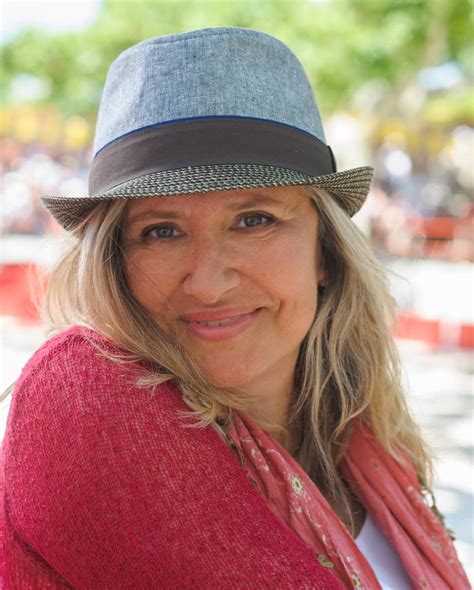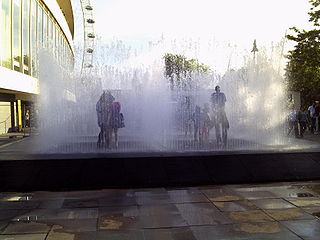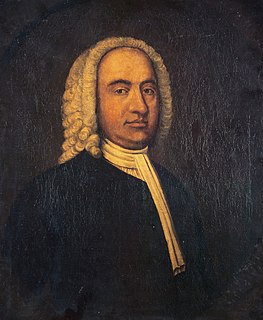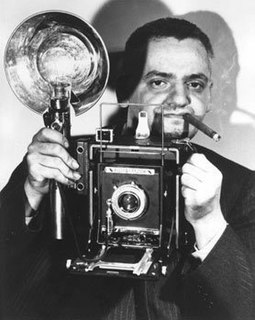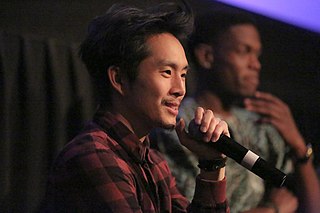A Quote by Guillermo del Toro
You only find yourself when you disobey. Disobedience is the beginning of responsibility, I think.
Quote Topics
Related Quotes
The state says: "Well, in order for it to be legitimate civil disobedience, you have to follow these rules." They put us in "free-speech zones"; they say you can only do it at this time, and in this way, and you can't interrupt the functioning of the government. They limit the impact that civil disobedience can achieve. We have to remember that civil disobedience must be disobedience if it's to be effective.
We're all looking for acceptance and love, beginning with our parents. And then when you find [that] out, you start working with yourself, you start to find out that the acceptance and love that you find somewhere else mirrors [you] in all kinds of different situations. That type of love you can only find in one place: in yourself. And many times we're all looking for it somewhere else.
So often we give God a partial obedience. We do not dare to disobey, but we do not care to obey fully. So we compromise. We do some of what we should, thus removing the stigma of disobedience. But we refrain from the most difficult or objectionable or uncomfortable part, and thus try to get the best of both worlds.



